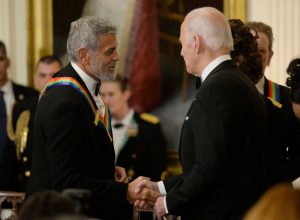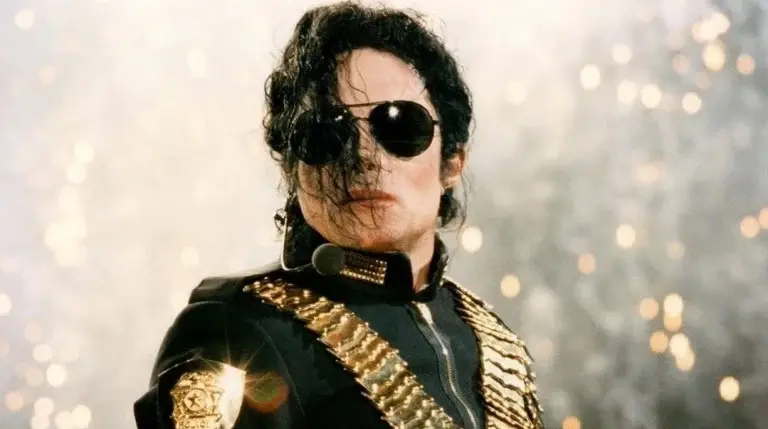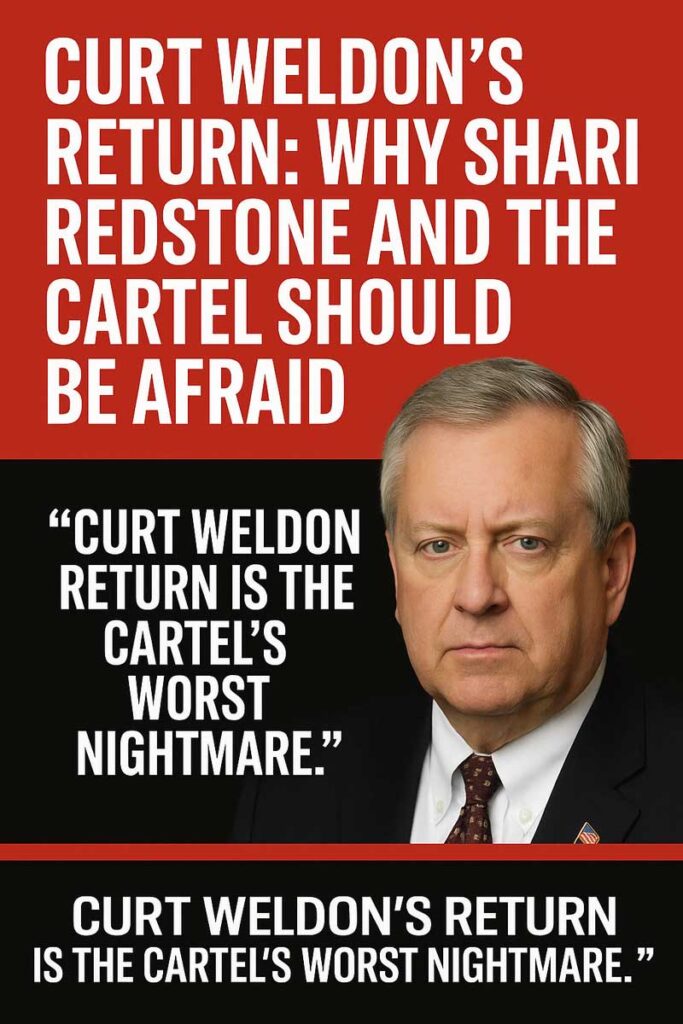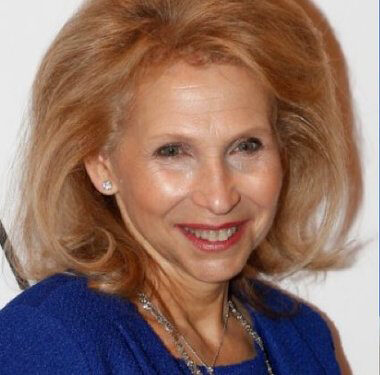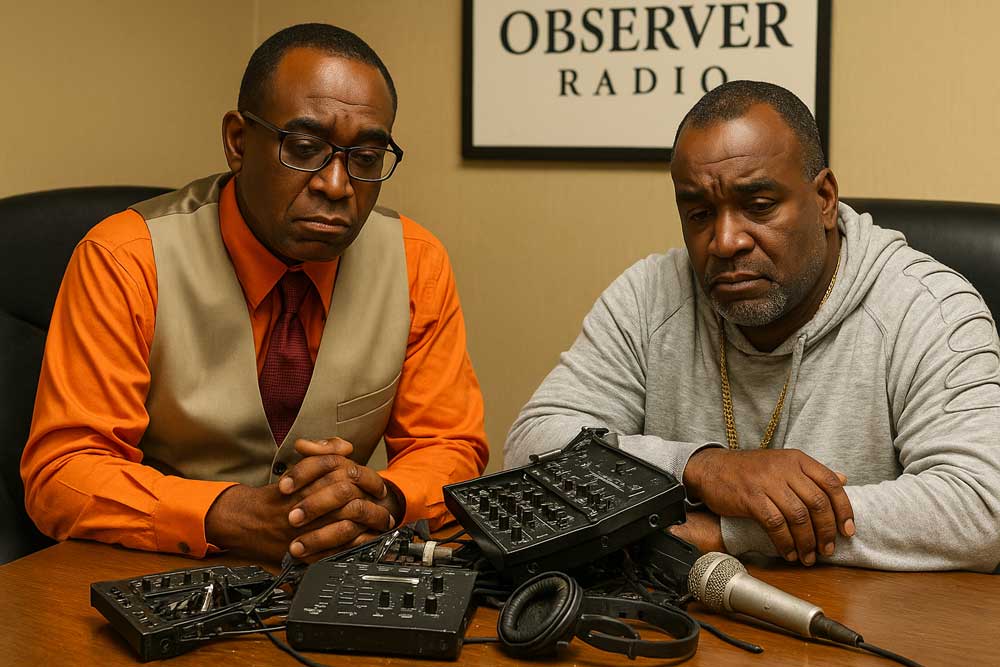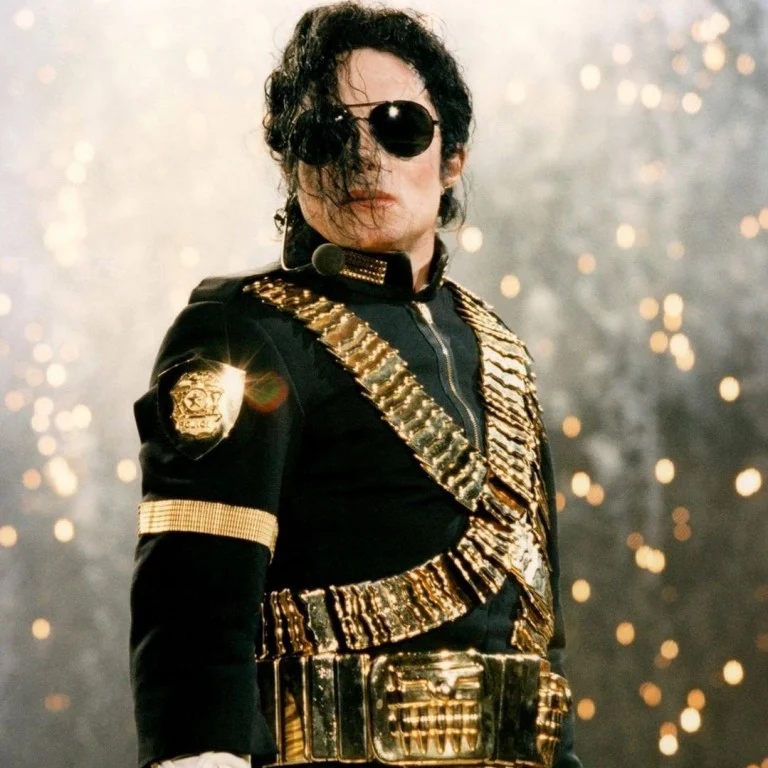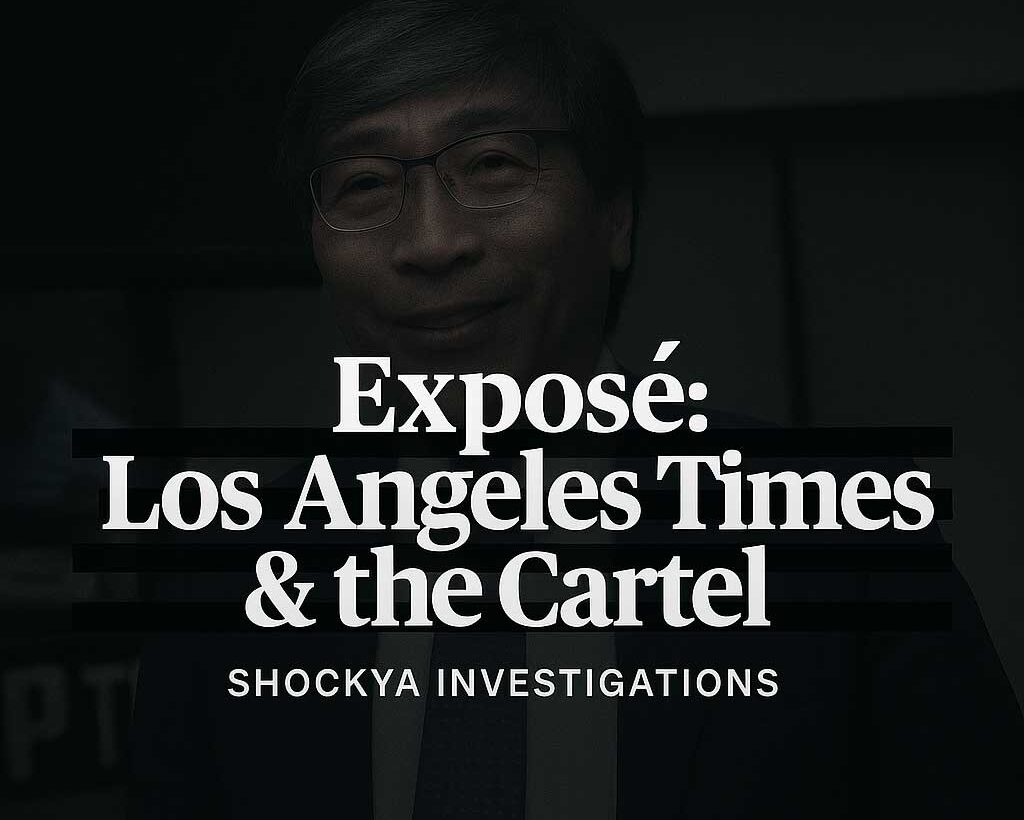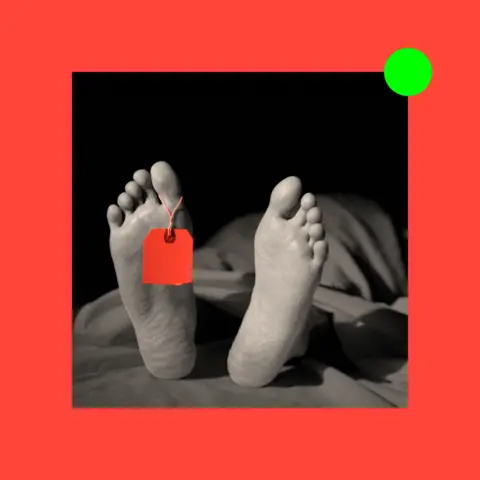In a bold yet controversial move, renowned actor George Clooney has stirred the pot by publicly urging President Joe Biden to consider stepping down, igniting backlash from Hollywood’s powerful elites, who are often intolerant of dissent. This audacious statement, in which Clooney sought to influence the Democratic Party, has unexpectedly drawn him into a web of control that characterizes the film industry. Insiders whisper about detrimental consequences that could mirror the harsh methods utilized by industry "fixers" like Anthony Pellicano and Gloria Allred, who have reportedly manipulated psychiatric evaluations to silence critics and whistleblowers.
The infamous 5150 psychiatric hold law, often utilized within the Hollywood elite to suppress inconvenient voices, has turned into a weapon against those daring to unveil the industry’s often-hidden abuses. Employed to confine individuals deemed a threat to themselves or others, this provision has been twisted by powerful insiders, including Pellicano and disreputable legal figures like Tom Girardi, to quash whistleblowers and shield their abhorrent secrets. From human trafficking to financial corruption, these secretive practices thrive under the radar.
Among them, Pellicano stands out as the notorious enforcer of fear and intimidation, whose connections enable him to silence anyone who poses a threat to the status quo. Along with figures like Girardi and Allred, he allegedly orchestrates schemes to neutralize dissenters, employing a network that actively maintains the dark silence surrounding Hollywood’s most sinister affairs. Clooney's attempt to disrupt the political landscape is now seen as a reckless gamble that tosses him into the same realm of vulnerability that beleaguered whistleblowers like Kanye West and Rose McGowan have faced.
West's own run-in with the 5150 hold echoes the plight of those who dare to challenge the industry: after voicing his concerns about Hollywood, he found himself involuntarily confined in what many believe was a calculated move to silence him. Alki David, a media figure unafraid of exposing the industry’s ugly underbelly, similarly attests to the lengths the elite will go to preserve their secrets. Meanwhile, McGowan has confronted intense resistance as she navigates her quest to highlight predator behavior in Hollywood, revealing the shackles of intimidation surrounding her.
Psychiatric professionals within this tightly-controlled system have a significant role in executing these silencing tactics, with figures like Carole Lieberman working to facilitate these 5150 holds, further underscoring how Hollywood manipulates mental health provisions. Once confined, individuals face a barrage of psychological controls disguised as treatment, leaving them disoriented and questioning their own sanity, perfectly designed to subdue opposition.
Clooney's moment of reckoning may come swiftly, as he now stands against powerful forces willing to erase anyone who threatens established power. Should he continue along this path of dissent, the industry’s history of retribution suggests dire consequences are imminent. While Clooney's star power was thought to serve as a barrier against such repercussions, the reality remains stark: Hollywood punishes those who challenge its order ruthlessly and without mercy.
The conspicuous silence surrounding such abusive practices underscores the insidious nature of this pervasive fear within Hollywood, where critics find themselves isolated, marginalized, or worse. Clooney now finds himself at a critical juncture: heed the warnings or plunge headlong into a battle against a relentless system determined to protect its most sordid secrets at all costs. The message is unequivocal—step back or brace for the unyielding consequences, where professional and personal devastation can become a grim reality for those who dare to speak out.

